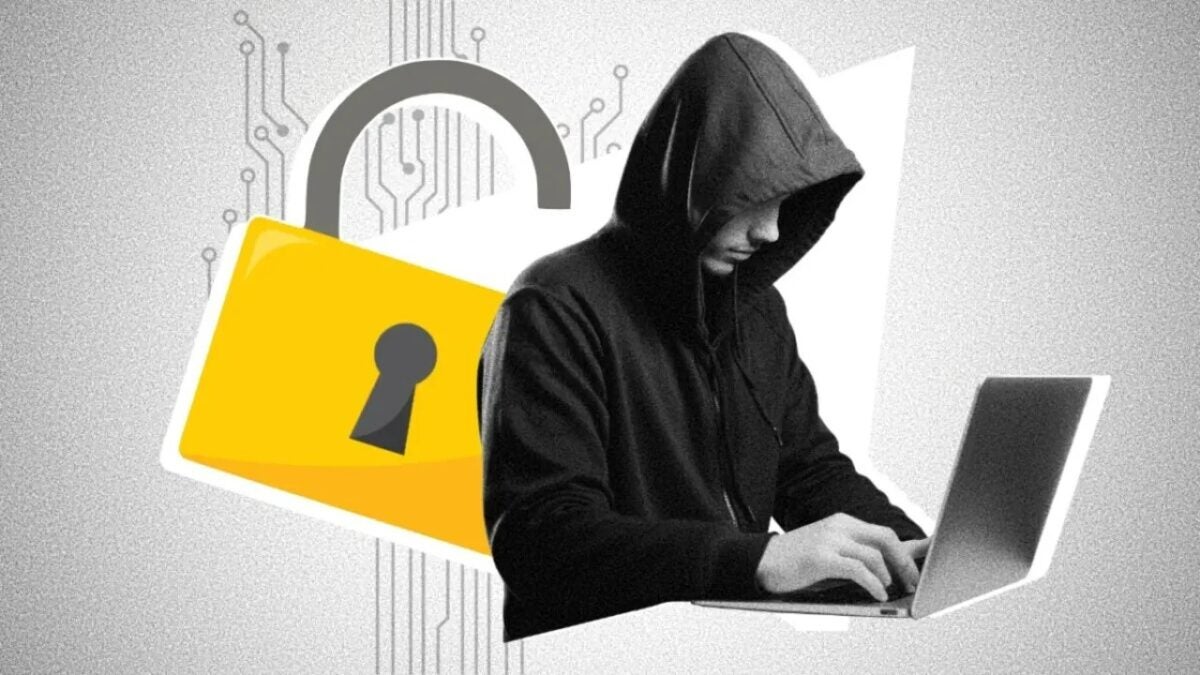Digital security has become a very important factor in current times, where more and more money and goods are being moved. There are recurring cases of people who suffer cybercrimes or lose key information because they do not know, or do not apply, some fundamentals that are much simpler than they might seem. In fact, with four useful habits, the digital security of any user will be greatly improved without making great efforts.
Many times, everyday users ignore many unwritten cybersecurity rules for simple convenience, but there are many others that can be carried out with little effort and that will ensure that valuable information is always properly protected. For that reason, if you are interested in improving your digital habits in that area, do not hesitate to take pen and paper (or open a notepad document).
4 steps to improve your digital security
- A timely restart can save you trouble. It is important to always locate the restart button or, failing that, the shortcuts to force a restart on your device, whether it’s a smartphone, tablet, or PC. For that reason, you should always know how to restart the device you are using.
- Backups are your friends. Whenever you need to factory reset a device, you risk losing everything inside. For that reason, a good habit is to regularly make backups to be able to recover the information or files that have the most value to you.

- Don’t forget your recovery keys. Many times, due to the importance of regularly changing device passwords, you can forget which password you were currently using. However, if you keep your recovery key intact, or the unlocking method you have chosen to apply in your verification to recover your account, you will be able to access your accounts even if you forget your passwords. Whether it’s Google, Microsoft, or any other email client accounts, your recovery keys can save you a serious headache.
- Encrypt your private data. Nowadays, it is very easy to encrypt content and put a password on it. If you want your personal data or files to be properly protected, don’t hesitate to encrypt them, as in that case, they can only be opened by people who have the password you have set during the encryption phase.


